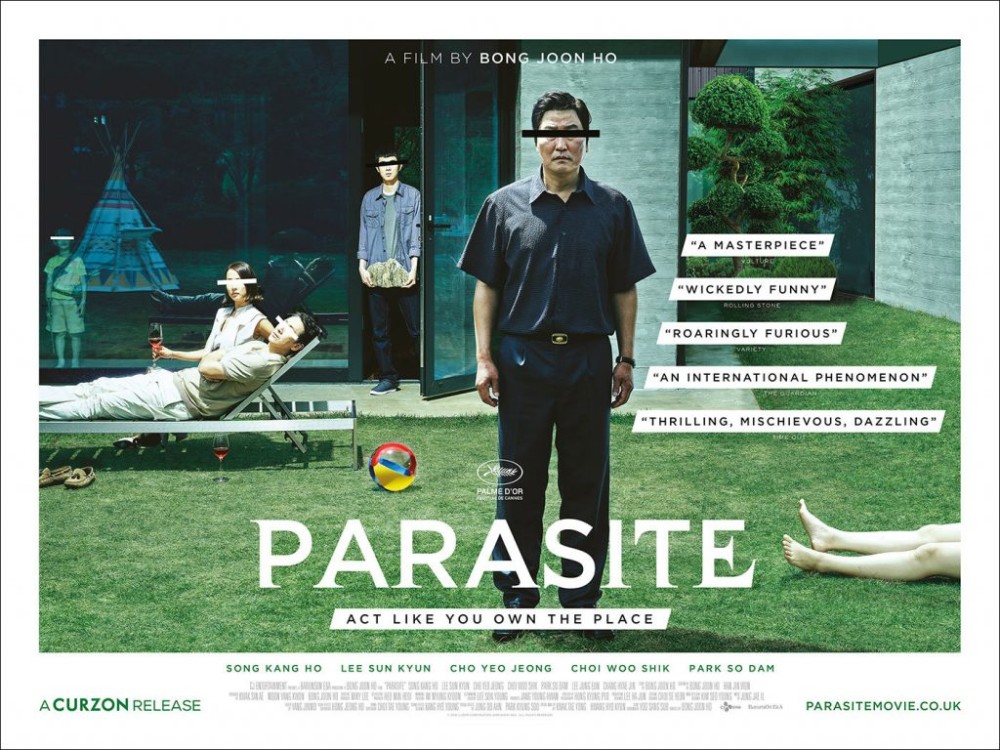
Since its premiere in June 2019, Parasite, a dark comedy from South Korean director Bong Joon-ho, has been on everyone’s mouth and praised all over the world for its universal themes and masterful satire. In May, it also won the Palm d’Or at the Cannes Film Festival. But while many instantly knew that it was the best movie of the year, not many critics and experts thought that it could win big at the 2020 Oscars.
During the 92nd Academy Awards in Los Angeles, Parasite, to the surprise of global audiences, brought home the three most important statuettes: Best Picture, Best Director and Best Original Screenplay. By doing so, the dark comedy made history becoming the first foreign language movie to be crowned best picture in the almost centennial history of the Academy.
The movie also won Best International Film, which was its only predicted win. Upon accepting the awards, Bong was as surprised as the cast members and many in the audience. “Thank you. After winning Best International Feature, I thought I was done for the day and was ready to relax,” he said.
Nobody doubted the fact that Parasite is a masterpiece and one of the best movies of the decade, but many, if not everyone, doubted the ability of the Oscars and Hollywood as an entity to reward a foreign movie that it’s also a satirical black comedy.
Parasite follows the story of the Kims, a poor and street smart family whose aspiration is to make more money and the Parks, a wealthy and privileged family. Thanks to Ki-woo’s masterplan, the destinies of the two households are brought together and initiate a symbolic relationship that serves as the background to the movie.
The incredibly well-acted and conceptualised story unfolds through dramatic and powerful scenes and mundane sequences made interesting by Boon and the cast with sophisticated stylistic choices and powerful allegories.
Parasite is ultimately about class struggle and, while the story is set in Seoul, South Korea, the themes couldn’t be more timely and universal. The movie reaches its climax with a dark twist towards the end (no spoilers) that leaves viewers in awe of Bong’s artistry.
Sam Mendes’ 1917, a visually stunning war epic, was considered the top contender for both Best Picture and Best Director. The fact that it didn’t win, it’s exactly what Hollywood and the Academy needed. Don’t get me wrong, this won’t erase the organisation’s past wrongdoings, but it’s a bold step towards a new era.

1917 is an impressive technical achievement that captures World War I’s trench warfare with details, but it’s also the typical Best Picture winner. Unlike Parasite, it doesn’t carry any social relevance and it doesn’t bring anything new to the big screen.
Parasite’s triumph is an incredible achievement for Bong and Asian cinema in general, but it’s also a sign that the Academy is finally rewarding films that matter and that global audiences actually love and talk about.






